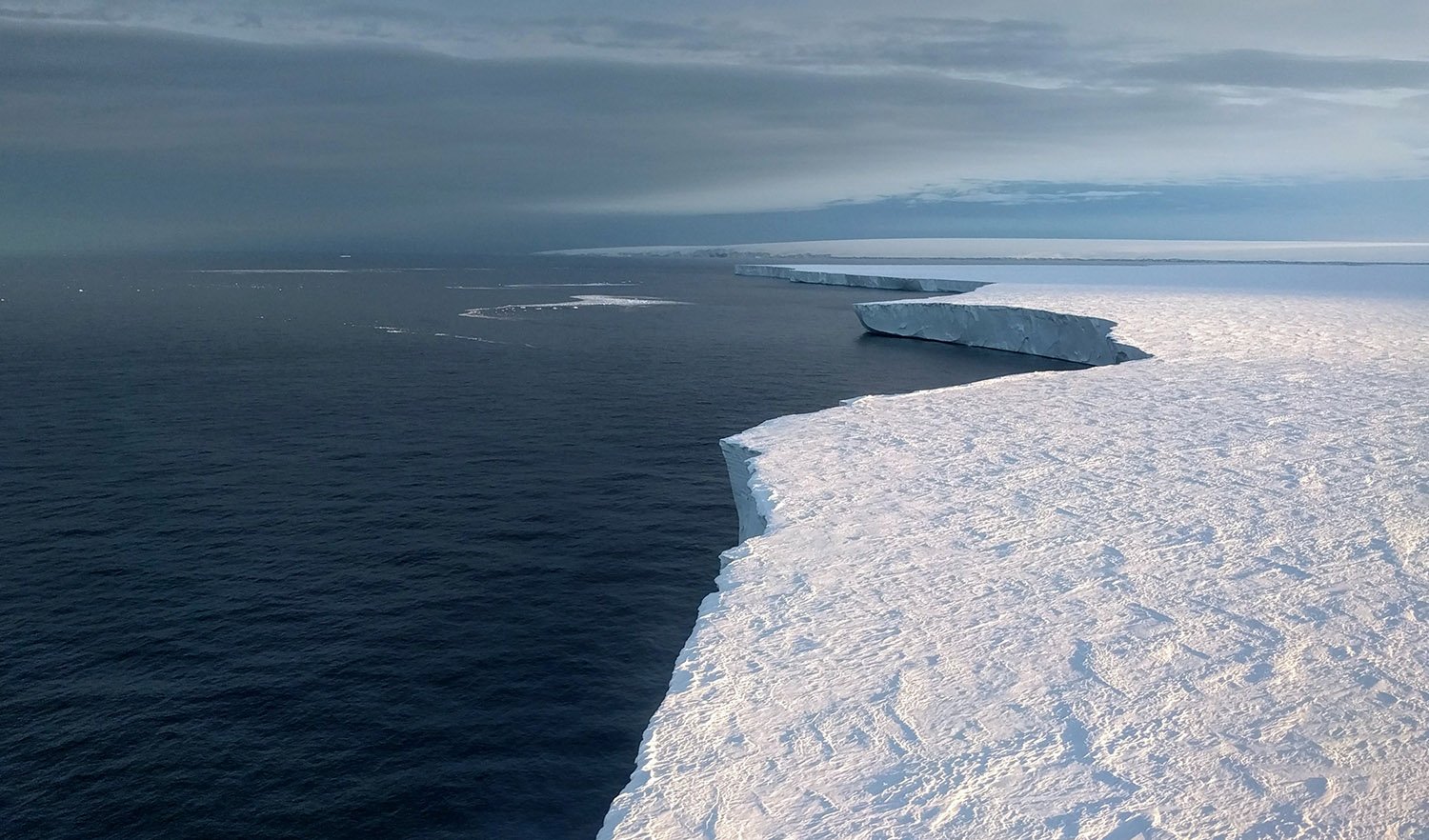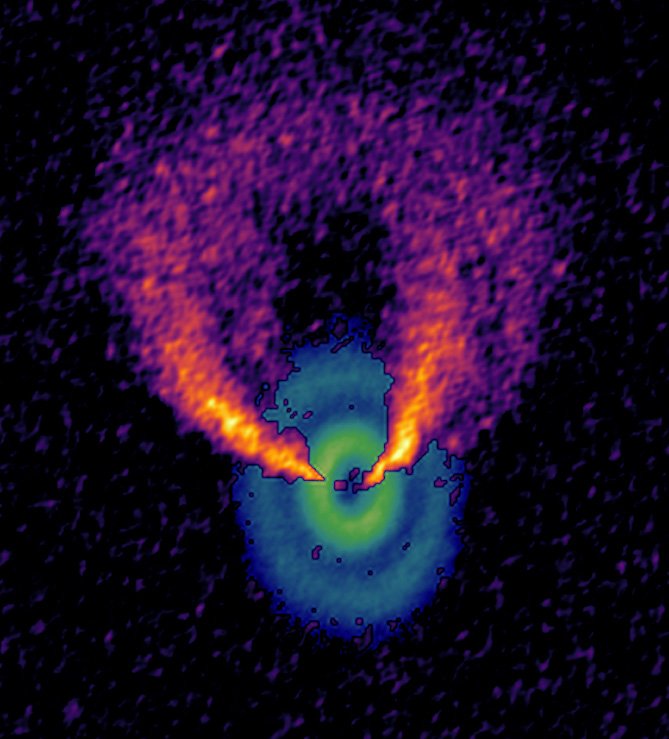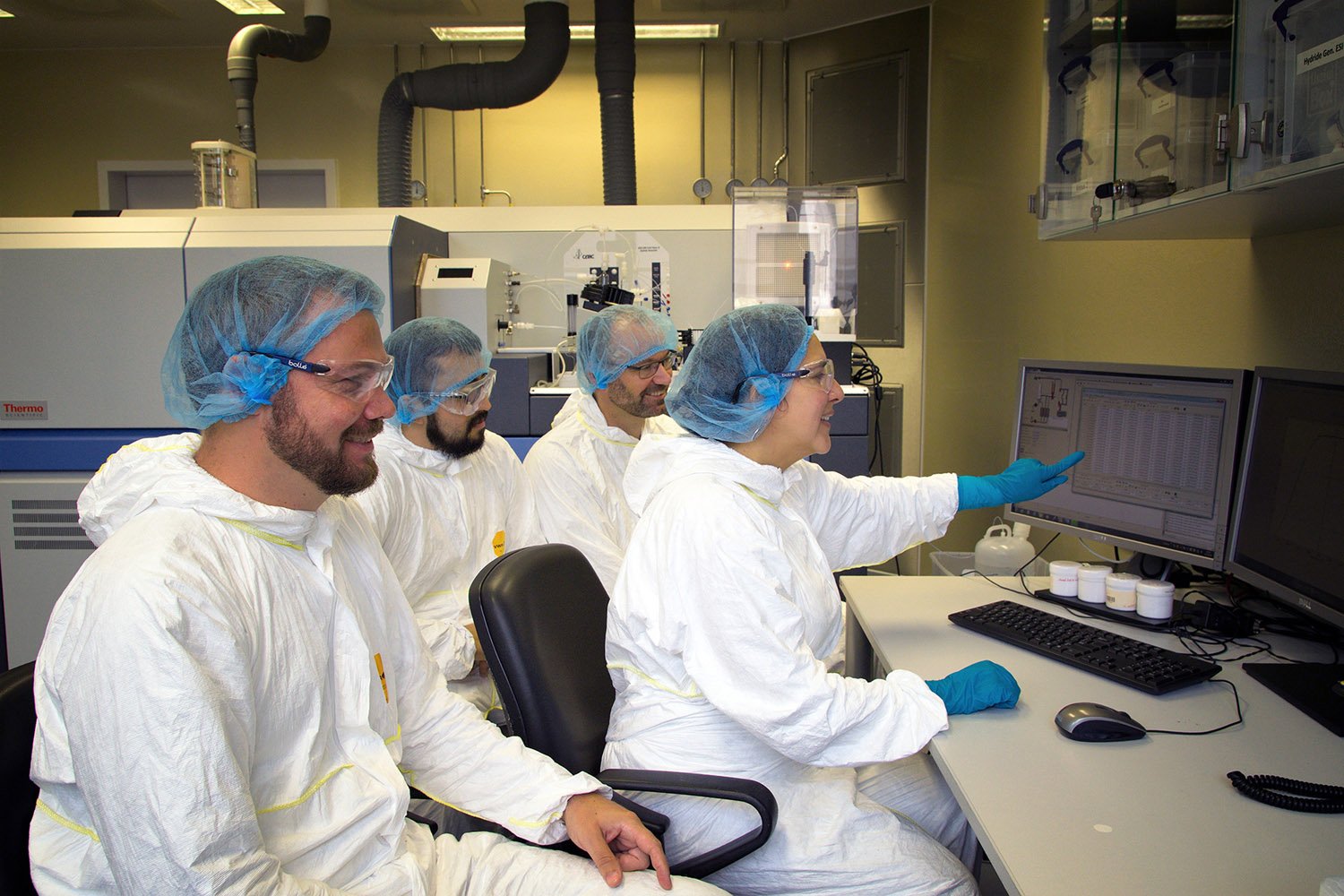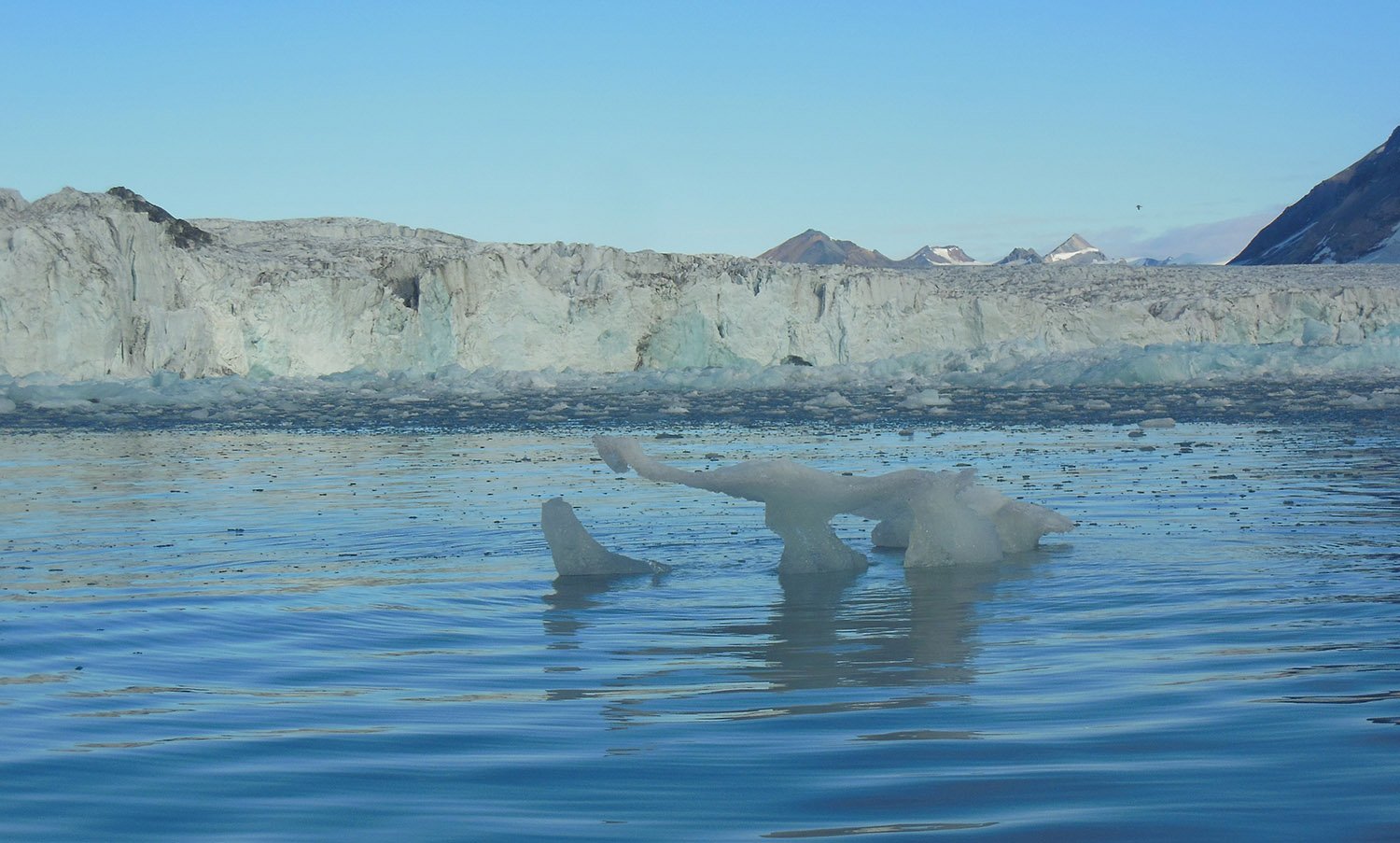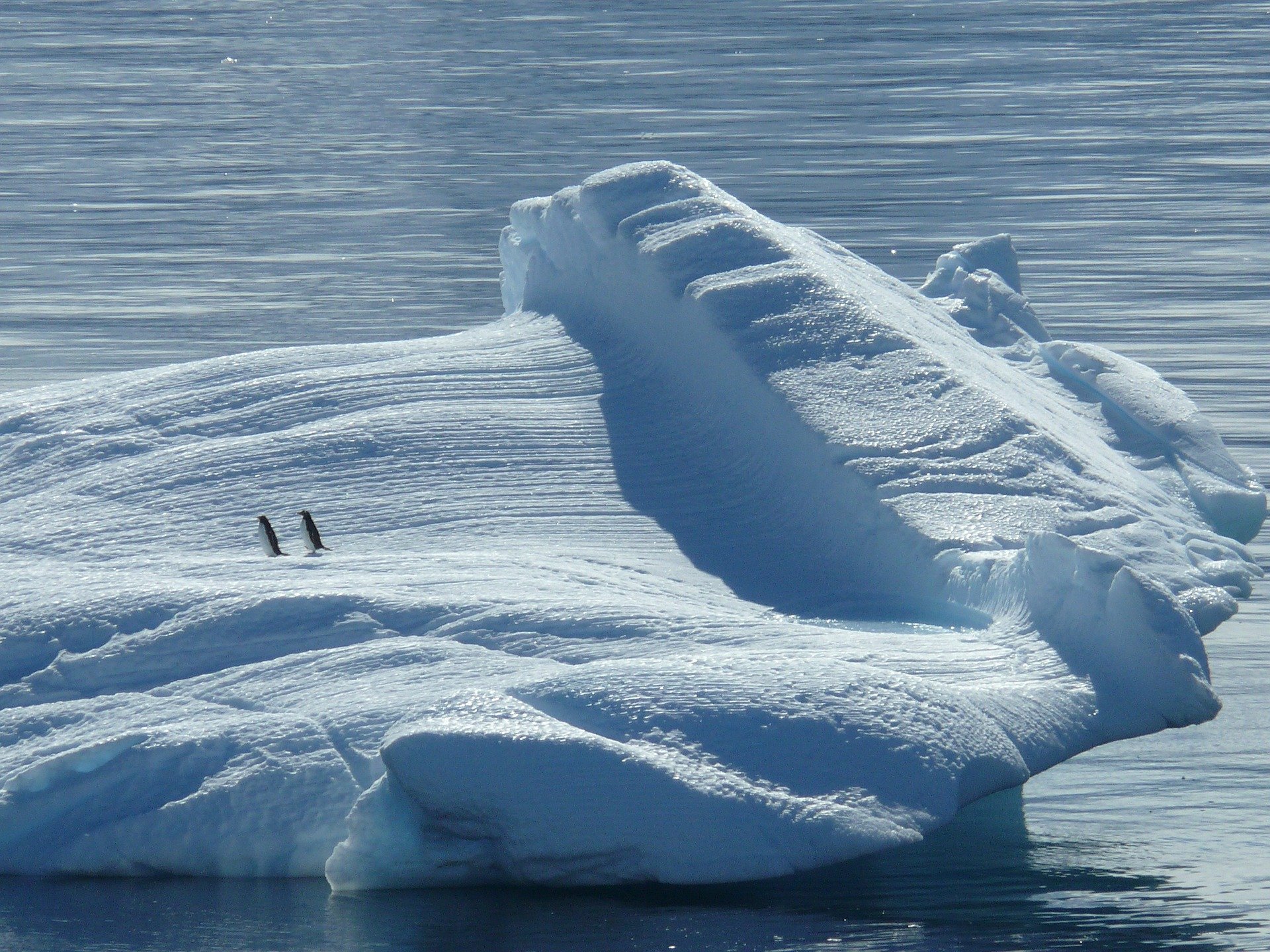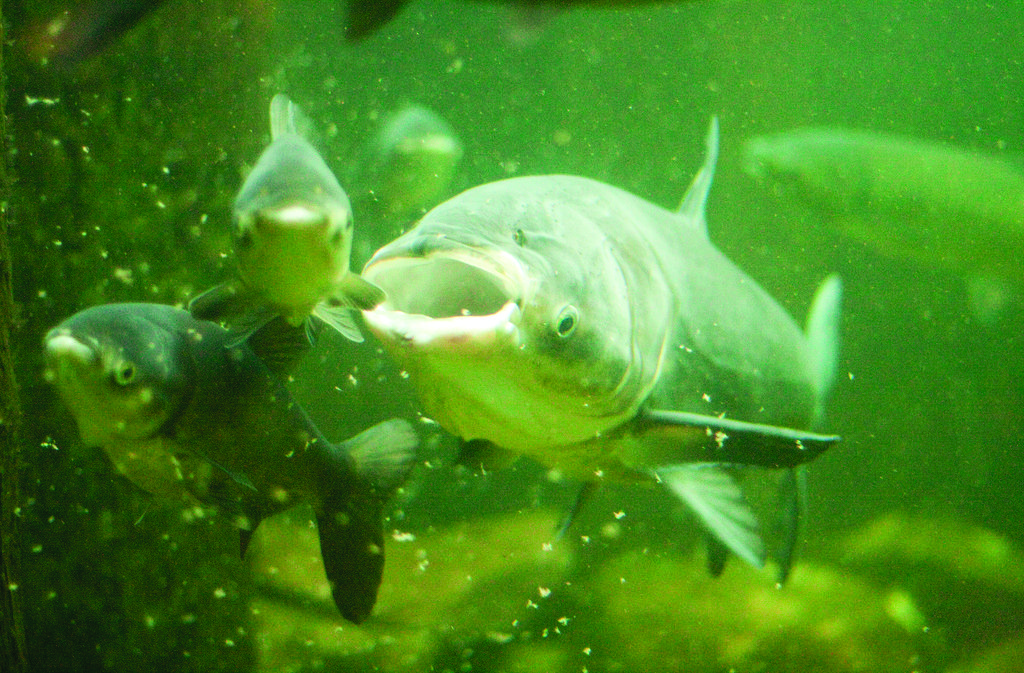First evidence of human-caused climate change melting the West Antarctic Ice Sheet
A new study published this week reveals the first evidence of a direct link between human-induced global warming and melting of the West Antarctic Ice Sheet. UK-US researchers say that curbing greenhouse gas emissions now could reduce the future sea-level contribution from this region. Ice loss in West Antarctica has increased substantially in the last … Read more
